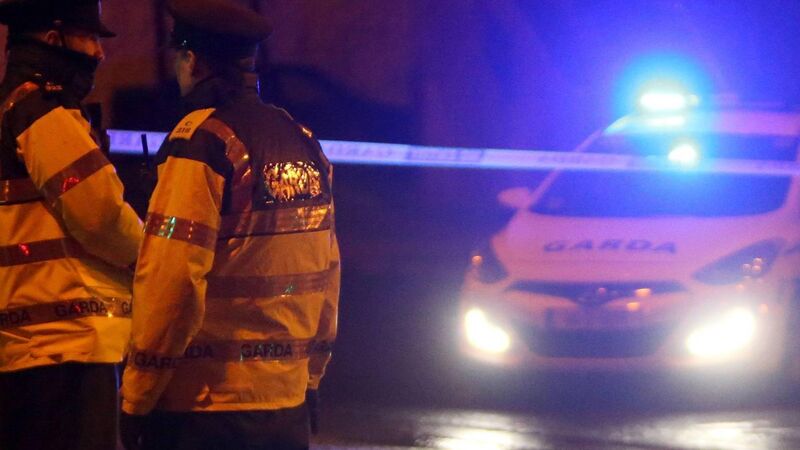Irish Examiner view: We need an Operation Saul on the streets of Dublin

The spate of violent assaults on the streets of Dublin will require action akin to the effective policing action against crime on public transport. File picture: Brian Lawless/PA













